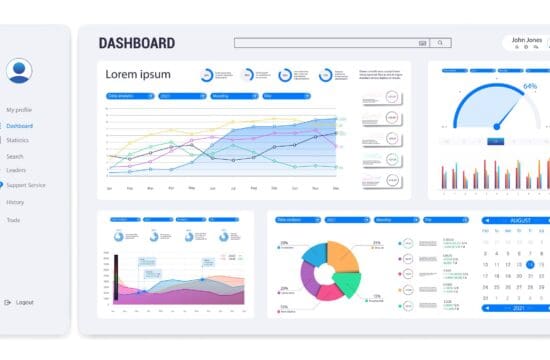On July 25, 2024, the European Commission released its Second Report on the Application of the General Data Protection Regulation (GDPR), offering an in-depth look into the evolving landscape of data privacy and security in Europe. The findings reflect significant shifts in how GDPR is enforced, the challenges facing data protection authorities, and the pressures many businesses, especially small and medium enterprises (SMEs), are facing in maintaining compliance.
A Closer Look at Rising Enforcement Trends
One of the most notable takeaways from the report is the sharp increase in enforcement actions by European data protection authorities. Penalties for violations of GDPR have been on the rise, particularly in cases involving sensitive personal data such as health or biometric information. These landmark fines underscore the growing importance of proper data handling and security.
At the same time, individual rights under GDPR, such as the right to access and the right to data portability, have seen higher usage. As consumers become more aware of their data rights, businesses are facing increased scrutiny and greater demand for transparency. For companies that aren’t fully prepared, this could lead to compliance issues and, ultimately, enforcement actions.
The Struggles of Small and Medium Enterprises (SME)
SMEs, in particular, have had a hard time keeping up with GDPR requirements. The report highlights several challenges that these smaller organizations face, including:
- Difficulty in appointing Data Protection Officers (DPOs) with the right experience.
- A lack of uniform training and education across the EU.
- Insufficient resources and support to fully implement data protection practices.
Many SMEs also struggle to balance the demands of data protection with other pressing business concerns. With limited budgets and teams, managing GDPR compliance can be a daunting task. While data protection authorities aim to offer more guidance and support, the fragmented application of the GDPR across EU member states makes the challenge even more complex for cross-border operations.
Inconsistent GDPR Application Across the EU
The report reveals inconsistencies in the application of GDPR across the European Union. For example –
- different interpretations around the age of consent for processing children’s data, or
- how to handle sensitive information like genetic or biometric data, have led to varying levels of enforcement and confusion among businesses.
This inconsistency creates additional hurdles for companies—especially those operating across borders—when it comes to maintaining compliance. A more harmonized approach to GDPR enforcement would ease the burden on businesses and help foster a better understanding of the law’s requirements.
Cross-Border Data Transfers and the Global Context
Cross-border data flows remain a key concern under GDPR. Adequacy decisions, which determine whether non-EU countries offer sufficient levels of data protection, have played an essential role in enabling international data transfers. However, businesses still face difficulties when navigating complex transfer mechanisms like Standard Contractual Clauses (SCCs) and Binding Corporate Rules (BCRs).
The report also notes that while these mechanisms are widely used, data exporters continue to struggle with the required assessments to ensure data protection standards are maintained. As more countries adopt data protection frameworks inspired by GDPR, businesses will need to remain flexible in adapting to changing global requirements.
What This Means for Businesses and Individuals
The report serves as a reminder that data privacy and security are critical issues that impact both businesses and consumers alike. With increasing enforcement and more consumers exercising their data rights, companies must prioritize their data protection strategies. For individuals, the report highlights the growing empowerment of data subjects, with many now utilizing rights such as data access and portability to hold businesses accountable.
For SMEs, navigating these regulations can be particularly challenging. However, modern technologies are making it easier to manage data protection compliance, allowing companies to focus on growth without sacrificing security.
While this blog isn’t about promoting any specific solution, tools that automate compliance processes can provide much-needed support for businesses that lack dedicated resources. Data governance and security platforms, like those offered by companies such as Secuvy, can be useful in helping SMEs meet GDPR requirements and ensure data protection remains a top priority.
Looking Ahead: The Path to Consistent Compliance
As GDPR continues to shape the global data protection landscape, the need for clear and consistent enforcement is becoming more pressing. The European Commission’s recommendations emphasize the importance of cooperation between data protection authorities and a more uniform approach to applying GDPR across the EU.
For businesses, particularly SMEs, staying informed of these evolving requirements is critical. As privacy regulations expand worldwide, companies that proactively implement strong data protection measures will be better positioned to build trust with consumers and avoid costly penalties.
Ultimately, the goal of GDPR—and indeed, any data protection regulation—is to safeguard individuals’ privacy and security in an increasingly data-driven world. The 2024 GDPR report highlights the importance of this mission and serves as a call to action for companies to continue improving their data governance practices.





















